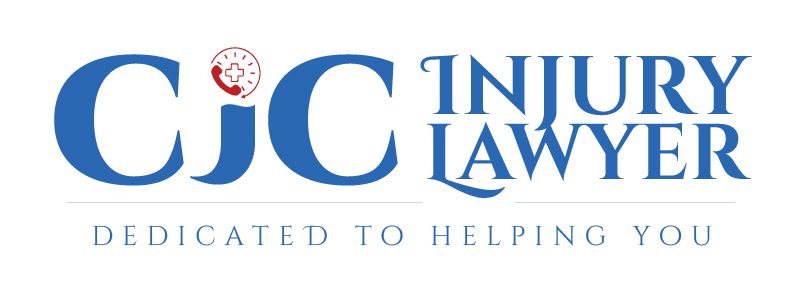Handling the aftermath of a highway accident can leave you feeling confused and overwhelmed. The high-speed impacts and the puzzle of legal issues make it important to know the best steps for adequate recovery. Actions taken right after an incident are necessary to influence the recovery journey and the success of any legal claims. Gathering evidence on the spot and consulting with legal experts are pertinent in protecting your interests.
Let’s explore tips and insights on managing recovery and legal actions after a highway accident.
Documenting the Accident Scene
Accurate detail capture at an accident scene is necessary for all legal or insurance matters. Start by taking clear photos of the involved vehicles, showcasing their positions and any visible damage. It’s important to document the road’s condition, traffic signs, weather, and road markings that might impact the accident.
Make it a point to collect witness contact details and note their accounts. Gathering names and badge numbers from any law enforcement officers at the scene and securing a copy of the accident report is important for future claims.
Understanding Your Rights
Every individual involved in an accident has the right to seek compensation for damages, including medical expenses, lost wages, and pain and suffering. Understanding these rights enables you to advocate for yourself or seek legal counsel effectively. It’s important to be aware of the specific rights provided by state laws and insurance policies, as they can vary greatly.
For instance, some jurisdictions offer protection to uninsured or underinsured motorists, while others might have specific compensation provisions in fault disputes.
Handling Insurance Claims
Immediately contact your insurance company after an accident, supplying them with all required documents and repair estimates. Maintaining detailed records of correspondence with your insurer to monitor progress and rectify any issues is necessary. Familiarize yourself with your policy’s specific coverage, paying close attention to applicable deductibles or limitations.
Carefully evaluate the insurance company’s settlement proposal, and ensure it covers your actual costs and losses. Feel free to negotiate or challenge the offer if it falls short. Seeking advice from an experienced attorney can also be advantageous.
Selecting the Right Lawyer
Selecting a lawyer skilled in managing highway accident cases can make all the difference. Look for professionals specializing in personal injury law, focusing on highway incidents. Their experience in similar situations indicates they’re well-versed in these types of cases relevant laws and intricacies. When assessing potential attorneys, consider their credentials, including their reputation within the legal community and past client reviews.
Consider scheduling consultations to discuss your case and evaluate their responsiveness and understanding of your needs. During these meetings, inquire about their approach to handling cases, success rate, and fee structure. A competent attorney should offer clear communication, demonstrate empathy, and provide a strategy personalized to your situation.
Preparing for Court
Collaborating with your attorney is necessary for navigating legal procedures and meeting court expectations effectively. They will guide you through every step, from filing necessary documents to arranging witness statements.
Reviewing your case together in detail helps foresee and tackle potential obstacles. Preparing your testimony is key to presenting your case clearly and confidently. It’s also important to grasp the other party’s defenses to craft compelling counterarguments.
Are you looking for expert guidance after a highway accident? Our skilled specialists at Craig J. Concannon, P.C. are here to provide the support you need for a successful recovery and legal resolution. Contact us at (314) 421-3329 or complete this form to schedule your free consultation today!

